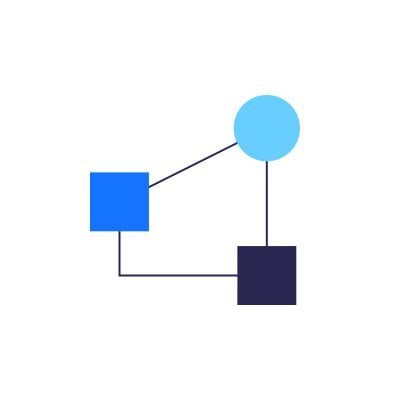| Job Position | Company | Posted | Location | Salary | Tags |
|---|---|---|---|---|---|
Sygnum Bank AG | Switzerland | $35k - $75k | |||
Gluwa | Remote | $140k - $190k | |||
Wilder World | United States | $200k - $280k | |||
Sygnum Bank AG | Switzerland | $35k - $75k | |||
| Learn job-ready web3 skills on your schedule with 1-on-1 support & get a job, or your money back. | | by Metana Bootcamp Info | |||
Ankr | San Francisco, CA, United States | $11k - $85k | |||
UBet | Toronto, Canada | $73k - $94k | |||
MRGN Labs | Remote | $98k - $150k | |||
Boson Protocol | London, United Kingdom | $43k - $56k | |||
Waivlength | Ireland | $60k - $90k | |||
MRGN Labs | Remote | $98k - $150k | |||
MRGN Labs | Remote | $98k - $150k | |||
TaxBit | United States | $60k - $64k | |||
MRGN Labs | Remote | $98k - $150k | |||
TaxBit | United States | $60k - $64k | |||
MRGN Labs | Remote | $98k - $150k |
This job is closed
Sygnum’s diverse and talented team of banking, investment and DLT experts is shaping the development of a trusted digital asset ecosystem.
At Sygnum, we rely on our dynamic team of engineers to solve the many challenges and puzzles that come with our rapidly evolving technical stack. We are looking for an enthusiastic Blockchain Engineer to join us on a mission to build best-in-class Technology products changing the world. You will be challenged to contribute to designing and building blockchain based infrastructure orchestration solution.
This role combines both hands-on development and plenty of strategic decisions that must enable us to scale.
Tasks
- Design, develop and implement key system and application architecture components that support the creation, transfer, and storage of digital assets.
- Build products based on various well-established blockchain protocols (BTC, ETH, XRP and more).
- Integrate with blockchain protocols from various backend servers, supporting the creation of REST APIs.
- Develop smart contracts with high security standards, as part of our secure SDLC.
- Write comprehensive automated tests for all code (unit tests, integration tests, etc.).
- Support the business in understanding the impact of developing on blockchain based architectures (finality concepts, hard-forks, consensus algorithms, decentralised finance and more).
- Collaboratively identify product requirements and design architecture with Products and Engineering teams.
- Conduct early project scoping and collaborate with cross-functional teams.
Requirements
- Proficient with a backend language (e.g. Node.js, Go, Python, etc.) and a blockchain scripting/smart-contract language (e.g. Bitcoin Script, Solidity, Michelson, etc.).
- Passionate about testing code for completeness, accuracy and security.
- Experience with interacting with databases and building microservices.
- Knowledge of cloud infrastructure technology (AWS, Azure, etc.).
- Ability to work within an environment of continuous integration and deployment.
Benefits
- The chance to be part of a movement shaping the future of our world’s financial system.
- An amazing, highly skilled, international and motivated team of professionals.
- Flexible working time models and free coffee, tea on office premise.
- Experienced leadership teams who are masters of scale and will facilitate smart growth.
- Regular gatherings with the teams and plenty of jokes and laughs 😊.
If you’re passionate for technology and blockchain with a massive worldwide impact, then please send us your CV!
What does a blockchain engineer do?
A blockchain engineer is responsible for developing and implementing blockchain-based solutions
Here are some of the key responsibilities of a blockchain engineer:
- Design and develop blockchain protocols: The blockchain engineer is responsible for designing and developing blockchain protocols, including consensus algorithms, data structures, and security protocols.
- Develop decentralized applications: The blockchain engineer builds decentralized applications (DApps) that run on top of blockchain networks.
- Write smart contracts: Smart contracts are self-executing contracts that run on blockchain networks. The blockchain engineer writes smart contracts using programming languages such as Solidity.
- Implement and test blockchain solutions: The blockchain engineer implements and tests blockchain solutions to ensure they work as intended.
- Stay up-to-date with the latest blockchain technologies: The blockchain industry is constantly evolving, and a blockchain engineer must stay up-to-date with the latest trends and technologies.
- Collaborate with other developers: The blockchain engineer collaborates with other developers, such as front-end developers, to integrate blockchain solutions into larger software applications.
- Ensure security and scalability: The blockchain engineer must ensure that the blockchain solution is secure and scalable to handle a large number of users and transactions.


